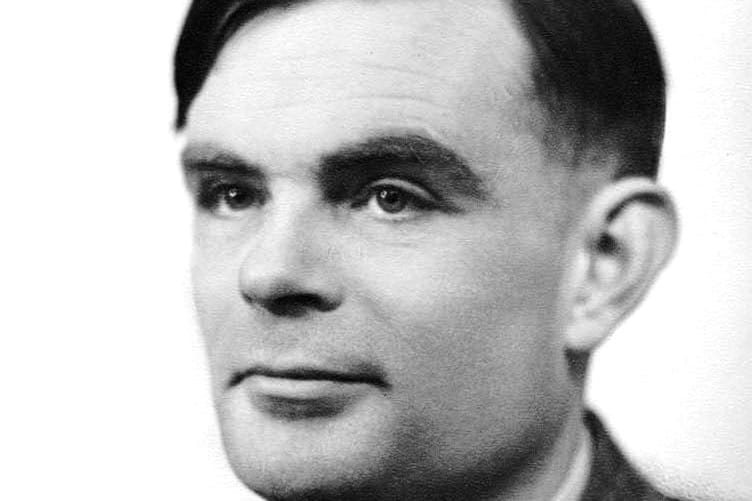Controversy erupts over ‘straight-washed’ portrayal of Alan Turing in new book

A newly released Australian novel has ignited a wave of controversy for its fictionalised portrayal of Alan Turing, the renowned British mathematician and World War II codebreaker, as a heterosexual man. Titled The Turing Protocol, the book has been criticised for "straight-washing" Turing’s life, erasing his identity as a gay man and altering key aspects of his biography.
Written by Nick Croydon, the novel reimagines Turing in an alternate history where he fathers a child with Joan Clarke, a fellow cryptanalyst with whom he was briefly engaged in real life before revealing his homosexuality.
The story also introduces a time-travel machine invented by Turing, which reshapes historical events through the fictional Turing family.
The backlash has been swift and vocal. Critics argue that the novel undermines Turing’s legacy and the persecution he endured due to his sexuality. Turing was convicted under Britain’s anti-homosexuality laws in 1952, subjected to chemical castration, and died by suicide two years later. He was posthumously pardoned in 2013, and the UK government later extended pardons to thousands of others under the Alan Turing Law.
Readers have taken to platforms like Goodreads to express their outrage, with many describing the book as an insult to Turing’s memory. One reviewer condemned the fictional cause of Turing’s death - changed from suicide to a communist assassination - as “diabolical” and accused the author of exploiting Turing’s story for dramatic effect.
Croydon has defended his work, stating that the novel aims to highlight Turing’s genius and the injustices he faced. He insists that the depiction is not an erasure but an exploration of societal pressures of the time. However, critics remain unconvinced, arguing that the narrative compromises the tragic essence of Turing’s life and risks distorting public understanding of LGBTQ+ history.
The controversy has prompted some book review platforms to restrict comments due to what they describe as “unusual behaviour” surrounding the title.





Comments ()